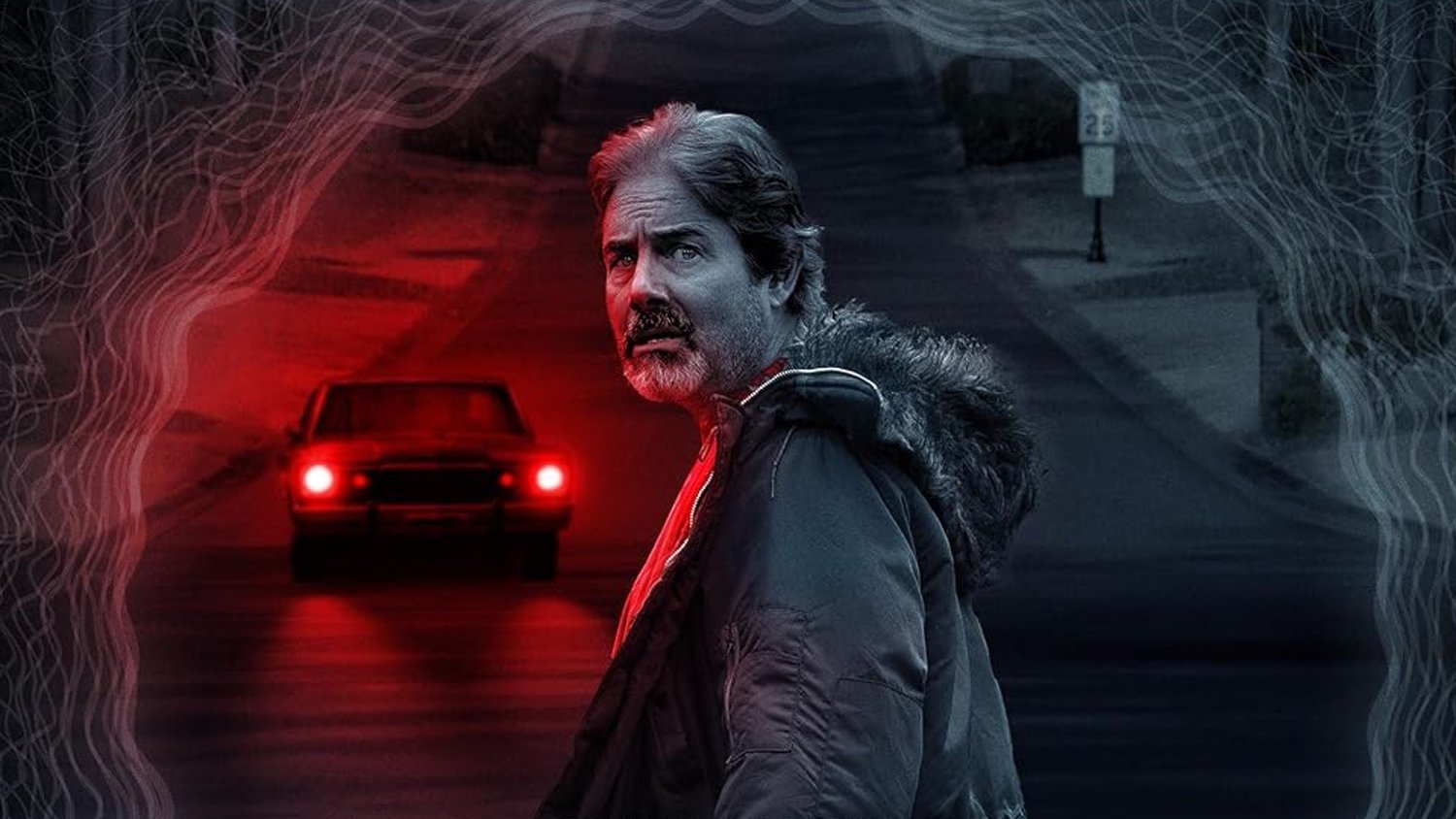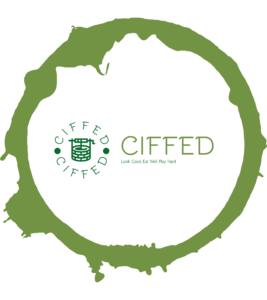
Here’s the trailer for a horror short film titled Honk, which has been making the rounds at various film festivals.
The film comes from writer and director Charles de Lauzirika, and we also have an interview with him in which he talks about the project, which won Best Short Film (Global) / North American Premiere at Morbido Film Fest.
The trailer just offers a little tease of the film, but if you’re headed out to any film festivals, it’s one to look out for! This is shared in collaboration with FilmQuest Film Festival.
Without spoiler, tell us what your film is about, its characters, and its themes. Is it a proof of concept, or a standalone story?
At present, it’s a standalone story, but I also have additional material for it that could be developed further, if there was interest.
The logline: “Reluctant divorcee Bill is awakened before dawn by a mysterious car horn in his normally quiet neighborhood. Unable to find the source of the honk, he ventures out into the darkness, only to face something far more disturbing.” More about its themes, etc., in the next question below.
What was the inspiration for your film? How did you come up with the idea?
I had been fascinated with something called “exploding head syndrome,” which is the phenomenon of being woken by a noise while asleep…a noise you’re not sure if you heard in a dream or in real life, like a phone, or a knock on the door, or a car honk.
That idea, combined with the very quiet neighborhood I live in, set me down the path of wondering what would happen if someone honked their horn in my neighborhood at an ungodly hour when you’d be sleeping, and dreaming.
Furthermore, I was still dealing with the passing of my Mom, who I was not allowed to be near the last several months of her life because of early Covid protocols. That sense of being helpless and not being able to say a proper goodbye all added to the sadness of this story.
I never asked myself, “Is this something people want to see?” I only knew I had to make it for myself. And it helped.
Tell us about yourself. What is your background? How long have you been a filmmaker?
I’ve been a filmmaker since I was a little kid, experimenting with Super-8 and VHS cameras. I grew up in Los Angeles, as a STAR WARS generation movie nerd. Graduated from USC Film School.
Interned at a number of big production companies. Directed some commercials and music videos. Became a behind-the-scenes content producer for several notable DVD and Blu-ray releases, during which time I also directed my first feature. More details: https://en.wikipedia.org/wiki/Charles_de_Lauzirika
What inspires you to work within genre cinema and tell these kind of stories?
I think genre cinema provides the perfect way to approach potentially difficult or provocative subject matter, but in perhaps more palatable ways. Whenever you can smuggle deeper, darker ideas through something usually (and wrongly) dismissed as mere fantastic cinema, I think you’ve given the audience at least double the entertainment value, but also given them something to chew over long after they’ve left the theater.
What was your favorite part of the filmmaking process for this project?
As much as I thoroughly enjoyed directing HONK, I have to say I really had a blast rediscovering my love of editing. I hadn’t seriously gotten “hands on” with editing anything since film school, so it was nice to become obsessed with a film on that level again.
The level where you tell your significant other, “I’m just going to go to my office for a few minutes,” and then you disappear for several hours, because you’ve become immersed in the edit, in the world you’re creating, no matter how small or intimate.
What are you most proud of with this film?
Given that my previous films were more fluid in terms of tone and genre, I’m proud I was able to pick a lane and stay in it with HONK. I wanted to make a moody, creepy, melancholy tale that felt like a fusion of Stephen King and THE TWILIGHT ZONE. Something that didn’t pander as audience-friendly entertainment, but could stay true to itself as a cautionary character study.
What is a favorite story or moment from the making of the film you’d like to share?
Figuring out how best way to earn the big jump scare that happens just over halfway through HONK was a delightful pain in the ass. I generated so many different edits of it, using a variety of sound effects, frame speeds, reverse action, so on and so on.
It wasn’t that I didn’t know what I wanted. I knew exactly what I wanted in terms of the effect and the overall moment. But the precision required to lull a very educated audience — likely an audience that has watched the big scene in THE EXORCIST III a million times — into giving themselves over to the moment you’re trying to create strictly for character reasons, can be an endless evolution of frame-futzing.
Ultimately, I think I landed on the final version of the scene in v10. But there were so many tiny little nibbles and tweaks that had massive repercussions on every version of the scene, that I finally had people telling me to just walk away.
It felt wonderful to be so obsessed that I politely ignored the pleas of friends and loved ones who were deeply worried about my mental health.
What was your most challenging moment or experience you had while making your film?
Unlike some other projects I’ve worked on, there was really no one critical moment that was the most challenging. Even though this is the smallest scale film I’ve made since film school, with the lowest budget, I’d say that it was also the most challenging overall, across every department, and kept me up at night the most.
I learned so much about myself on this one. The subject matter was certainly darker than my previous work, but I also learned where I’m lacking as a filmmaker, and what I need to do better next time.
But I also rediscovered some of my strengths, and even if the result isn’t readily apparent in the film itself, I feel HONK made me a better filmmaker than I’ve ever been.
If it did, how did your film change or differ from its original concept during pre-production, production, and/or post-production? How has this changed how you’ll approach future projects as a result?
The film became more tragic and more melancholy in tone as it went on. It began as basically a simple, affordable exercise in style and mood. But once I started asking myself questions about the main character, and I tried to flesh out where he was coming from emotionally and psychologically, a whole new dimension into the film opened up for me.
It gave me so much more to chew on as a storyteller…but that also worried me, because it caused the film to get bigger and more complicated, which flew directly in the face of the “keep it simple” mandate we began with. The HONK experience definitely changed how I will approach projects in the future.
It forced me to develop a new way of breaking down the script emotionally, and I think that process will only improve next time.
Who were some of your collaborators and actors on the film? How did you start working with each other?
On HONK, I really enjoyed working with friends old and new who live relatively close to me. It gave the production a communal sense of purpose…not just for this one film, but for anything moving forward. My two lead actors, Zach Galligan and Tyler Mane, both live just a few minutes away from me.
I worked with my producer Jeremy Emerman on the behind-the-scenes content for a DC project a few years ago, and he seemed like a perfect fit for me, as he was also a BTS producer looking to pursue more narrative paths.
Renae Geerlings was an incredibly helpful producer, especially from the casting and SAG point-of-view. And my lovely wife Carlee Baker not only joined the team as a producer, but also provides the heartbreaking voice that gives the film its tragic twist in the second half.
What is the best advice you’ve ever received as a filmmaker and what would you like to say to new filmmakers?
When I was in pre-production on my first feature CRAVE, none other than Tony Scott gave me the great advice to change my shoes midway through each day of shooting. It was like his version of “make fists with your toes” from DIE HARD. It honestly helped more than I could’ve imagined.
What are your plans for your career and what do you hope this film does for it? What kind of stories would you like to tell moving forward?
I want to keep directing films that are uniquely to my taste, and that I can both enjoy as a viewer and learn from as a filmmaker. I want to explore misunderstood characters in a confusing world, so semi-autobiographical films, I guess.
What is your next project and when can we expect to see it?
Producing a making-of documentary for a powerful new film people are already discussing intensely, and will be out later this year. (Can’t reveal the title yet.) After that, I’m doing rewrites with my writing partner on a feature script we had optioned by a major studio last year literally hours before the WGA strike. It will be great to get back into that one.
Where can we find more of your work and where can interested parties contact you? Do you have a website or YouTube/Vimeo channel? Social media handles?
Vimeo profile: https://vimeo.com/lauzirika / Socials: @lauzirika
What is your all-time favorite film?
My dear old friend, JAWS. I saw it opening weekend when I was only 7 years old. It’s a perfect film.
What is the film that most inspired you to become a filmmaker and/or had the most influence on your work?
STAR WARS opened me up to the process of filmmaking, but BLADE RUNNER showed me how to take that craft and make it artfully immersive.
Joey Paur
Curated From geektyrant.com Check Them Out For More Content.

